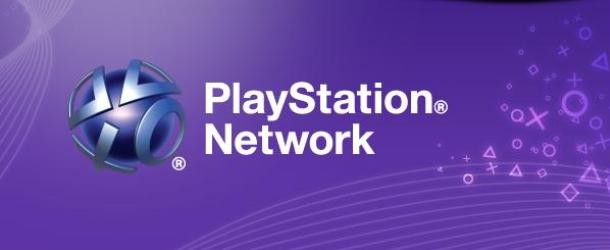
It's been well over a week since Sony shut down the servers for the PlayStation Network due to the “internal intrusion” that exposed the personal information (and possibly credit card numbers) of over 70 million members. Although Sony says that they are “working around the clock” to re-build and strengthen their network infrastructure, PSN users should be cautious–this is a serious situation, and your personal information had a good chance of getting exposed.
If you're a member of the PlayStation Network, then the following are a few things that you should be doing in order to protect yourself and your identity.
]
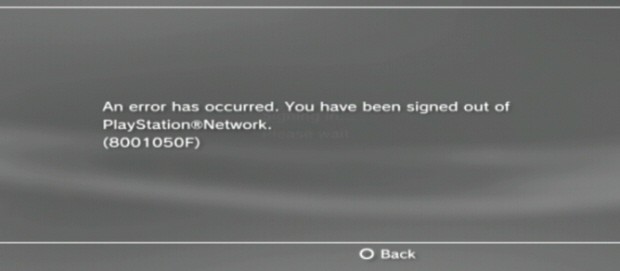
First of all, what information, exactly, has been exposed? According to statement by Sony, your “name, address (city, state, zip), country, email address, birthdate, PlayStation Network/Qriocity password and login, and handle/PSN online ID” have a possibility of being stolen by the unknown hacker.
What can you do about this? Well, nothing right now. However, once the Playstation Network is back online, change your password. If you also have the bad habit of using the same password frequently, then you ought to change those, as well.
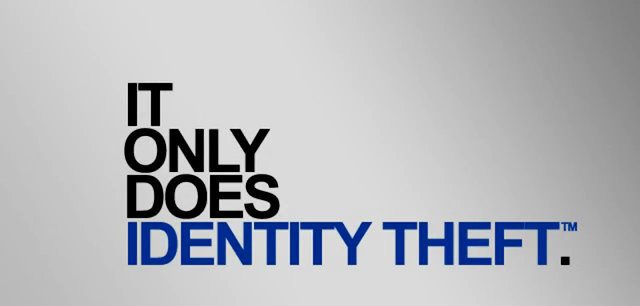
It's also possible that more sensitive information, such as members' profile data, purchase history, security questions and answers, and credit card numbers and expiration dates have been jeopardized as well. Although Sony says there is no evidence that credit card numbers were stolen, this is probably a risk that you don't want to take.
First, inform your credit card company (or bank, if you're using a debit card) and tell them that you may have been compromised. They will close your old card and send you a new one. Don't remember what card you've used for purchases made on the
PlayStation Network? Here's an easy way to figure it out, as discovered
by Twitter user Robin Yang: “To see what card you used w/ PlayStation Network, check your emails from 'Do********@ac.net.”
However, if you're doing automatic payments on the PSN, change your card information. You may want to use a new card altogether.
It's also a lot safer (but less convenient) to make purchases through other retailers instead of directly through Sony's service. By stocking up and buying point cards, you can still make purchases on the PSN without the need to enter your credit card info.
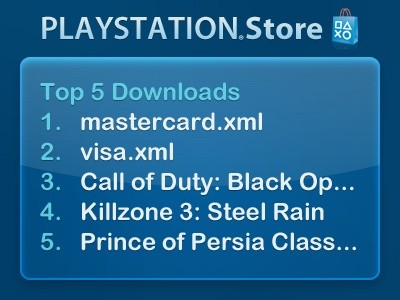
Next, file a fraud alert with either Experian, TransUnion or Equifax. A fraud alert is a good way to deal with identity theft as a preventative measure, since it'll make it more difficult for anyone (including yourself!) to get credit under your name. With a fraud alert on file, lenders will take additional steps in order to make sure that the person opening a new account is actually you. This means that they'll ask you a series of questions that should be easy for you to know, but not so much for anyone else. Questions such as, “Which of the following cities did you never live in?,” or “Which of the following vehicles did you once own?”
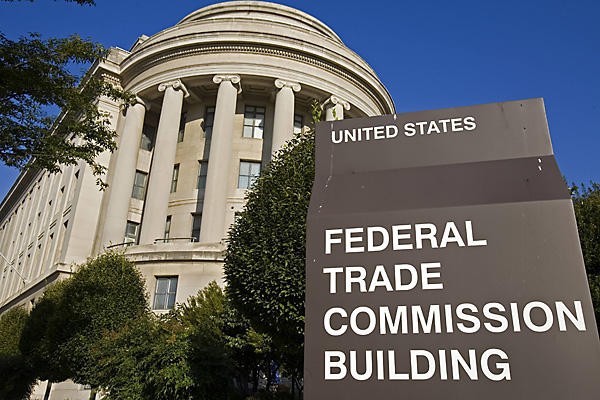
And finally, you may want to consider filing a complaint to the Federal Trade Commission. These complaints assist law enforcement agencies and the FTC to find those responsible for stealing your information. Come on, it only takes less than 10 minutes to file a complaint online through the following website: ftccomplaintassistant.gov.

Check out other video game posts by Peter Mai here:
- Ten Things You Didn't Know About Super Mario Bros.
- Ten Signs You're an Aging Gamer
- “Sorry, I'm Dead”: 30 Most Memorable Video Game Quotes
- How the Video Game Community Is Responding to Japan's Quake Disasters
- Five Video Games to Convince Non-Gamers They Can Play Video Games
- Ten Unique Ways to Perform the 'Legend of Zelda' Soundtrack

